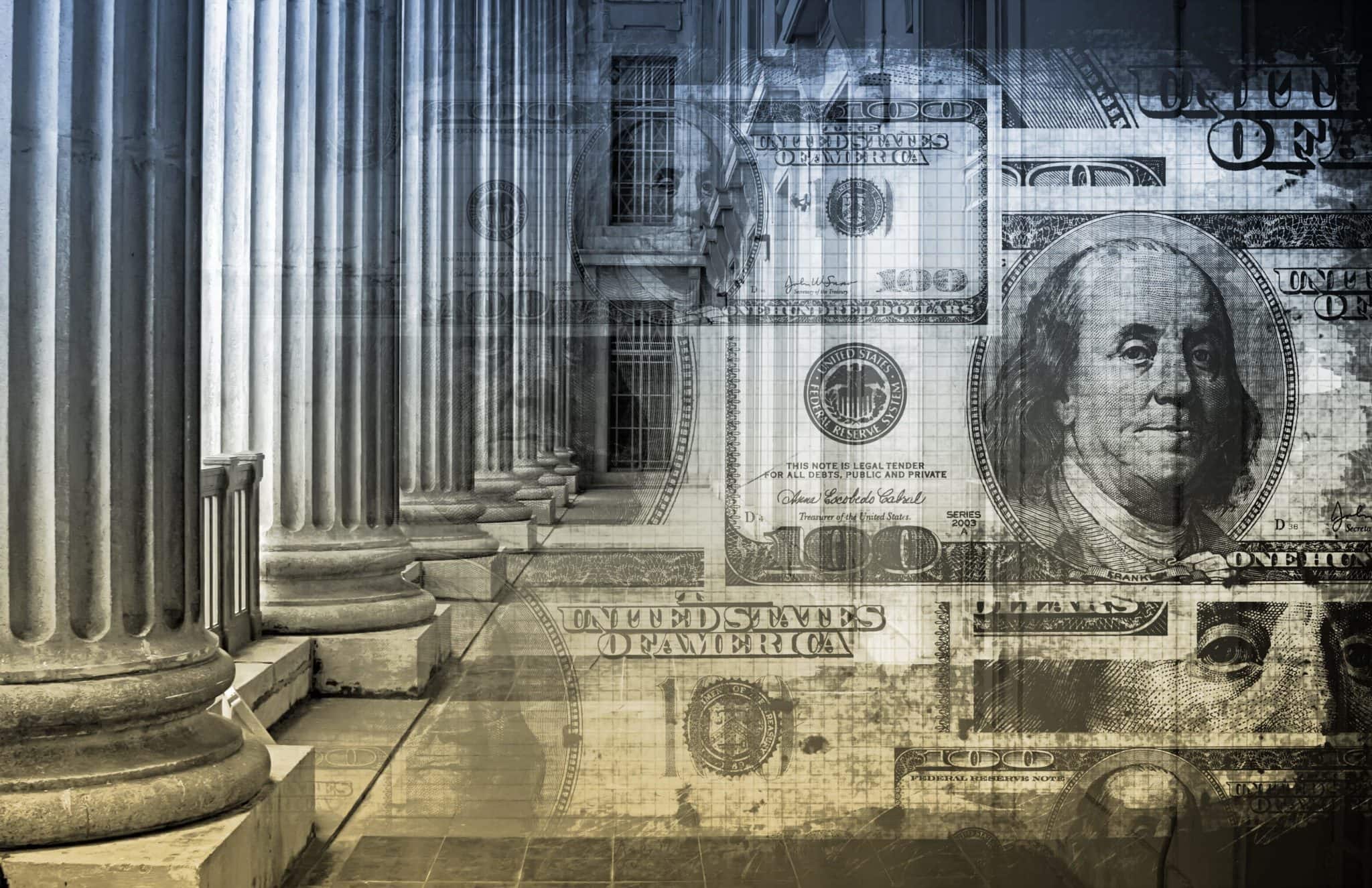On Monday, August 26, 2019, the District of Columbia Office of Tax and Revenue issued a reminder to taxpayers about upcoming tax changes. Some of these changes involve the current calendar or tax year, while others begin October 1, 2019 or with the following tax year. The tax changes below will take effect October 1, 2019, unless otherwise noted.
Individual Income Taxes
Keeping Childcare Affordable Tax Credit (formerly known as the Early Learning Tax Credit)
- Reduction in the income eligibility limit to $150,000 ($75,000 for married filing separately) from previous limits of $750,000 ($375,000 married filing separately)
Safe at Home Grant Program
- Amounts received by a taxpayer pursuant to the Safe at Home Grant are excluded from DC gross income beginning with tax year 2019
Schedule H – Homeowner and Renter Property Tax Credit
- The maximum credit is increased to $1,200 beginning with tax year 2019
- Income eligibility limits increased to $55,00 for non-seniors and $75,000 for seniors
- Addition of a third tier of 5% for federal adjusted gross incomes of $52,000 – $55,000 for non-seniors
- Dependent income is no longer included in the federal adjusted income of the taxing unit
- Beginning with the 2021 tax filing season, taxpayers will be able to file a “stand alone” Schedule H electronically if they have no D-40 filing requirement
Real Property Taxes
Commercial Property Rate (Class 2)
- The rate of $1.89 for each $100 of property value will no longer be subject to reduction for sales tax revenue receipts collected from remote sellers on real property with an assessed value of more than $10 million
Nonprofit Workforce Housing Property
- Rental properties owned by a nonprofit
organization can qualify for a real property tax exemption where:
- At least 50% of the tenants have household income that does not exceed 80% of area median income (AMI), and
- The household income of the remaining tenants does not exceed 120% of AMI
- Other requirements also must be met. Compliance with the eligibility requirements will be certified to OTR by an independent compliance monitor
Performing Arts Venue Credits
- Businesses hosting live entertainment a minimum of 48 hours per month with a seating capacity of less than 300 seats are eligible for a rebate of up to $15,000 of real property tax paid as required by a lease
- Qualified businesses may apply by September 15th of the tax year
- Applications must include the following:
- Copy of the lease
- Documentation that the real property tax was paid
- Documentation that the business hosts live performances for a minimum of 48 hours per month, and
- Documentation that the venue has a capacity under 300 seats
Senior/Disabled Residents Real Property Tax Cap Credit
- 105% assessment cap credit beginning with the tax year 2019 (October 1, 2018) for the portion of a cooperative receiving both the homestead and senior/disabled tax deduction
Corporation Franchise Taxes
Qualified High Technology Companies (QHTC)
Beginning with the 2020 tax year, the amount of credits a QHTC can claim for wages paid to a qualified employee is reduced.
- Capped at $3,000 per employee, a credit is allowed for 5% of wages paid to a qualified employee hired after December 31, 2017 and paid during the first 24 calendar months of employment
- For wages paid to a qualified employee hired on or after October 1, 2019, no carryforward of credits is allowed
Also beginning with the 2020 tax year (except as otherwise provided under D.C. Official Code § 47–1817.06(a)(2)), QHTC will:
- Be subject to the regular franchise tax rate imposed on corporations
- Allowed a new credit equal to the lesser of
$250,000 or the difference between the applicable corporation franchise tax
rate (currently 8.25%) and 6%
- The credit allowed for 5 taxable years from the later of December 31, 2019 or the last year the QHTC is eligible to receive the 0% rate under D.C. Official Code § 47–1817.06(a)(2)
Sales and Use Tax
Qualified High Technology Companies (QHTC)
- All QHTC Exempt Purchases Certificates issued before October 1, 2019 are terminated as of that date
- Sales of certain property by QHTCs and sales to QHTCs of computer software or hardware are no longer exempt from sales and use tax
Diapers
- Sale of or charge for diapers is exempt from sales and use tax
- As defined by statute, a diaper is “an absorbent incontinence product that is washable or disposable and worn by a person, regardless of age or sex, who cannot control bladder or bowel movements”
Soft Drinks
- Definition of a soft drink is expanded to include beverages with natural or artificial sweeteners that contains less than 100% juice, less than 50% milk, soy, rice or similar milk substitutes or coffee substitutes, coffee, cocoa or tea
- Sales or charges for soft drinks are subject to 8% sales and use tax
- Sales or charges for soft drinks for immediate consumption remain subject to 10% sales tax
Recordation and Transfer Taxes
Commercial Property Rate Increase
- If the consideration is $2 million or more, the combined recordation and transfer tax rate for Class 2 property will increase from 2.9% to 5%
- Tax rate for transfers of economic interests in such property will increase to 5%
- The recordation tax rate on security interest instruments for debt of $2 million or more secured by such Class 2 property will be 2.5%
- Transfers are subject to the increased rate if any portion of the building is Class 2 property and there is majority common ownership between the interest transferred and the commercial portion of the property
- This provision sunsets on September 30, 2023
Nonprofit Workforce Housing Property
Now exempt from recordation tax are the following:
- Deeds to housing properties eligible for the workforce housing real property tax exemption discussed above and for which the required certification as to both the property and the nonprofit owner
- Transfers of a workforce housing property by a nonprofit owner for which the required certification has been made
If you have any questions about how these tax changes affect you, feel free to contact us.
© 2019
Written by: Erin Kidd, EA
 Erin Kidd is the Tax Individual Practice Supervisor at Thompson Greenspon and has nearly a decade of tax experience specializing in individual taxation. Throughout her career, she has focused on simplifying complex tax issues and educating clients to maximize their tax benefits and plan for future events. Erin is responsible for the review of individual Federal and multi-state tax returns, managing the firm’s Military Spouse Remote Preparer Program, preparation of individual tax returns with international taxation and reporting requirements, and assisting with the resolution of client issues with Federal and State Taxing Authorities.
Erin Kidd is the Tax Individual Practice Supervisor at Thompson Greenspon and has nearly a decade of tax experience specializing in individual taxation. Throughout her career, she has focused on simplifying complex tax issues and educating clients to maximize their tax benefits and plan for future events. Erin is responsible for the review of individual Federal and multi-state tax returns, managing the firm’s Military Spouse Remote Preparer Program, preparation of individual tax returns with international taxation and reporting requirements, and assisting with the resolution of client issues with Federal and State Taxing Authorities.
Erin holds a Bachelor’s and Master’s Degree in Business Administration from Morehead State University, is an Enrolled Agent, a federally licensed tax preparer who has unlimited rights to practice before the IRS, and an Accredited Financial Counselor ®. She has been recognized by the Garrison Commands of West Point, NY and Fort Leavenworth, KS for her contributions to the military community for her work with the installations’ Volunteer Income Tax Assistance Centers.


